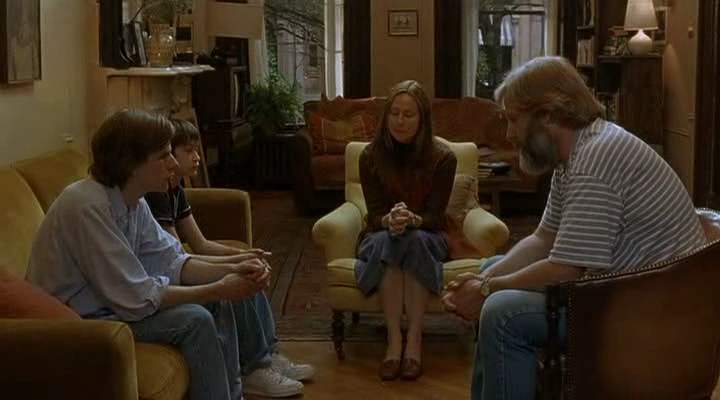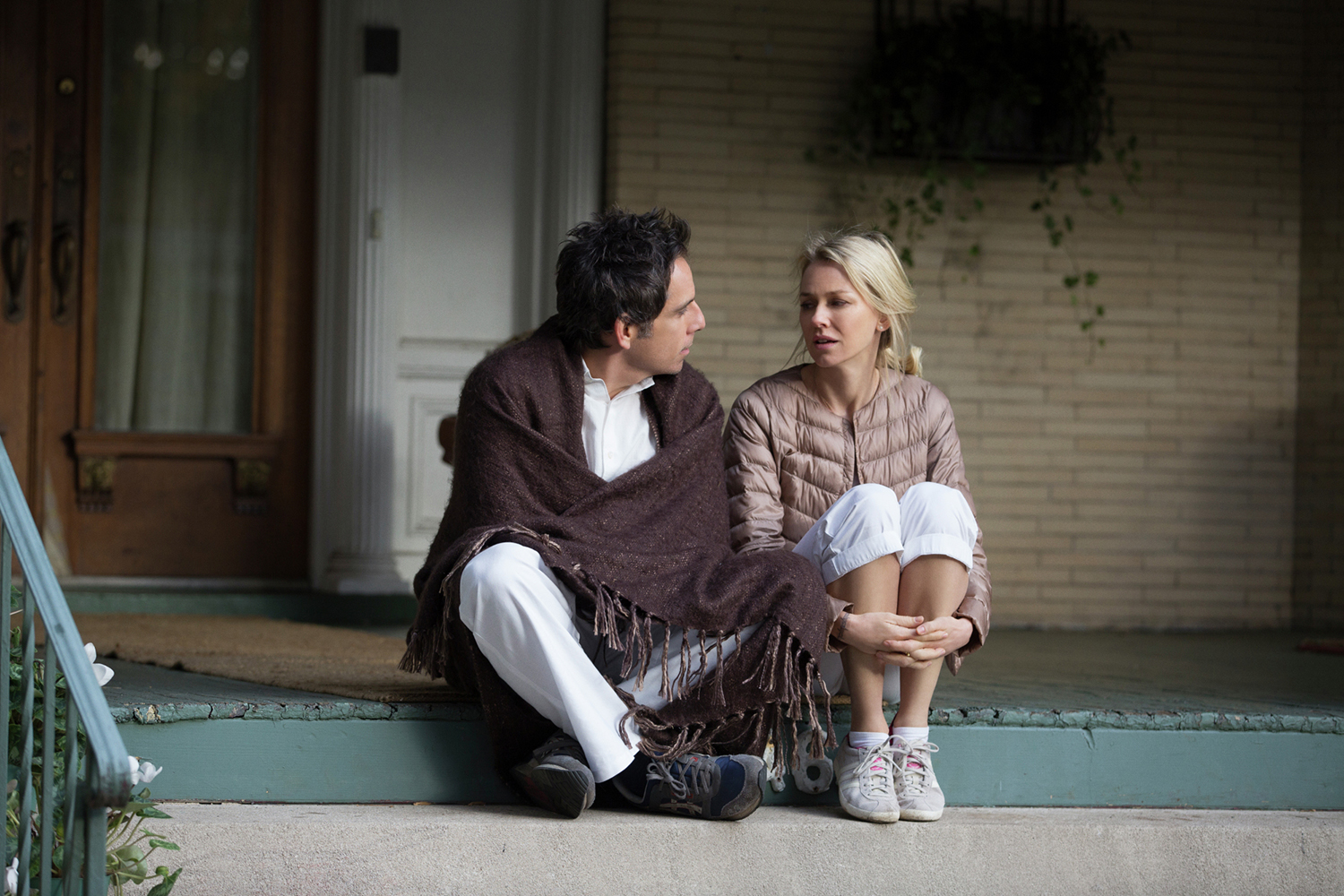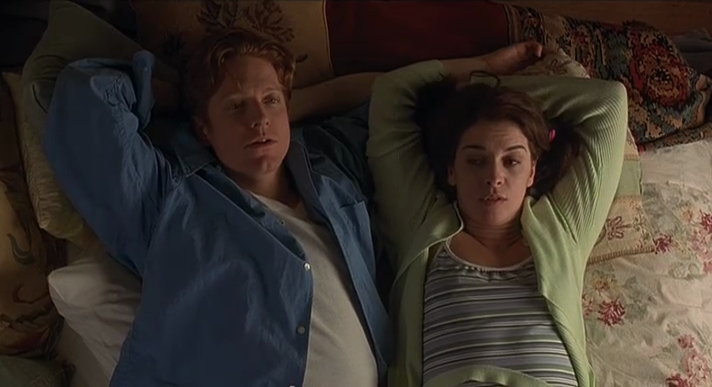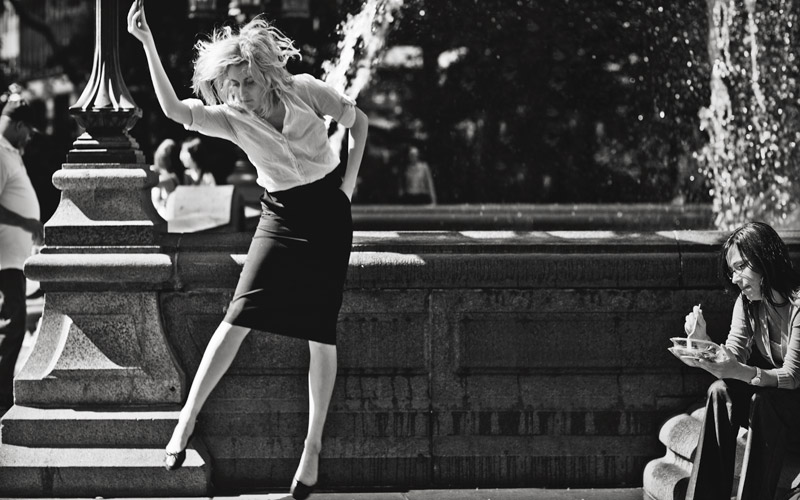The fear of gathering dust on a forgotten bookshelf seems to be persistent in Noah Baumbach’s filmography. If you take a look through his works, it’s apparent that the filmmaker seems to have a deep rooted fear of becoming irrelevant and overlooked by others in the same field. It’s pretty lucky, then, that the director has made the impact that he has on the film world. Tethered very firmly to the wings of indie cinema, Baumbach continues to front projects which show the minute details of the lives of a few. Unconcerned with the presence of the crowd, Baumbach uses his fine filming detail to hone in on specific individuals, somehow making their niche experiences relevant to the hundreds of thousands of people who watch them. Baumbach has a way with people, it seems, and in his work, he continues to make the microscopic huge.

His latest film, While We’re Young looks set to continue on this trend. Following the lives of a middle aged couple, the film tracks how the couple begin to spend time with a much younger pair and the way in which their lives are reinvigorated by their time spent together. The film marks significant shifts which happen in the lives of all adults, noting how the young act as adults and the adults act as the young. There is an imperceptible shift in time which takes place right under our noses and soon, we are longing for what we didn’t even notice was there before. In the film, 40-somethings gorge themselves on Google, Twitter and Netflix, whilst hipster 20-somethings surround themselves with vinyl, use typewriters and VHS tapes. The world seems turned on its head and no-one knows exactly where they stand.
This, however, is a trend present throughout a number of Baumbach’s past works. As his characters get older and experience more things, they seem less sure of the world in which they live and the people with whom they interact. Baumbach’s characters seem to be representative of a number of the director’s own fears; on-screen, they manifest in multiple ways.
Mr Jealousy looks precisely at this fear and how it manifests itself throughout time. After having been burned at a young age whilst out on a date with a classmate, the aptly named Lester Grimm carries a deep rooted sense of jealousy throughout his life and relationships. When he enters into a new relationship, he automatically assumes that his other half is cheating on him, a fact which causes his fledglings romances to disintegrate. Of course, Grimm’s jealousy takes on new heights in the film and after becoming obsessed with his new girlfriend’s ex, he takes it upon himself to get to know him in an effort to understand their relationship. The film plays on Grimm’s irrational fear and in the world on screen, there really seems to be no right or wrong; everyone is as bad as each other. Whilst characaturing the central characters fears, Mr Jealousy still shows an interesting insight into the inner world of its central character.
The Squid and the Whale, meanwhile, manifests an absent, childhood fear to stand in the way of something much deeper. Central character Walt’s childhood fear of a squid and whale model at the Natural History Museum follows him throughout the narrative and when he confronts the scene at the end of the film, it seems to mark a much greater change within him. Struggling after his parent’s divorce, Walt and his brother somehow end up taking sides, inevitably causing a greater familial rift. The children, especially Walt, absorb the majority of who they are from their parents, as is to be expected. At times, it verges on mimicry for the sake of it and at times, it’s hard to tell who is the child and who is the parent. Walt’s fear and subsequent confrontation of the squid and the whale marks his recognition of the jostle his parents have embarked on over his affections. It also shows his own struggle with who he wants to be and who his parents want him to be. In his inner world, Walt lives a number of lives and it is only in practice that he can find out who he really is.
Baumbach regular Ben Stiller rears his head in the director’s 2010 film, Greenberg. Playing Roger Greenberg, a failed musician, Stiller acts a part a little different from his traditional filmography. After returning to Los Angeles from New York, Greenberg agrees to house-sit for his brother, during which time he meets his brother’s personal assistant. The two form a bond over their mutual isolation and soon, Greenberg begins to become a little more happy. The film deals in the highest of highs and the lowest of lows and despite its somewhat pessimistic opening, seems remarkably upbeat. Greenberg does have a fear, though and it seems to lie in his inability to be happy. When he finally gives in and accepts his personal failure as a musician, he is able to live a more fulfilled life. The question is, do you always have to choose?
Things can be more redeeming though and whilst Baumbach’s Frances Ha might seem like a portrait of a scatty, unlucky 20 something, it is a surprisingly lovely film. Whilst the eponymous Frances seems to be making her way through life with absolutely no clue of where she wants to go or awareness of the people who could really help her, she is nonetheless sympathetic and entirely likeable. Frances’ fear, much like Greenberg’s, seems to be to change the vision of her dream of becoming a dancer. Just because things don’t happen to her in the way that she supposed they would, it doesn’t mean that they won’t be just as wonderful as she had hoped. When she accepts that success comes in a number of different forms, she is able to let go and begin living her life. Perhaps that is Baumbach’s message; adulthood is nothing like you supposed it would be as a child and even though you may never fully breach the “adult world”, it doesn’t mean that things can’t be amazing and fulfilling.
Noah Baumbach: The eternal (and secret) optimist.



